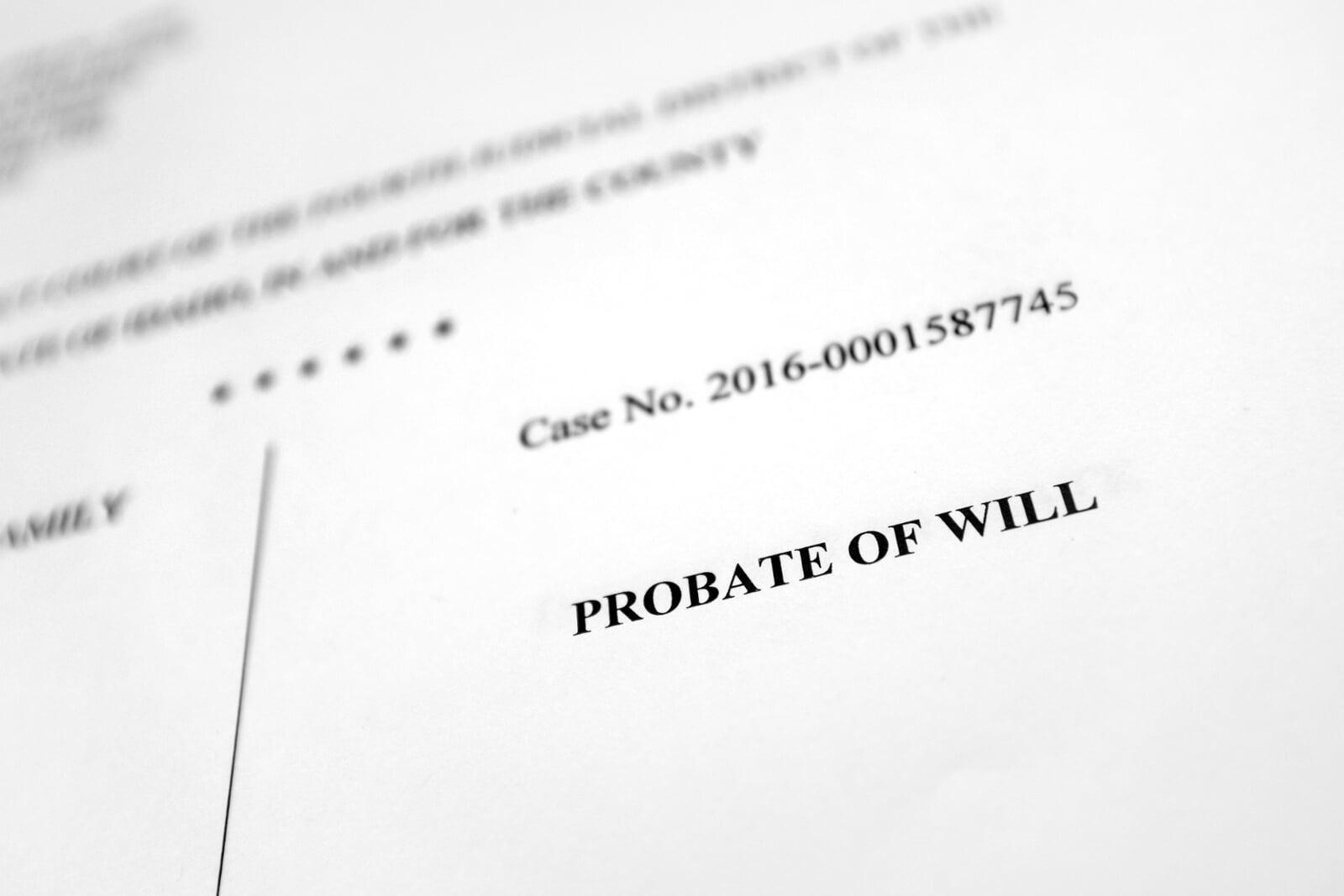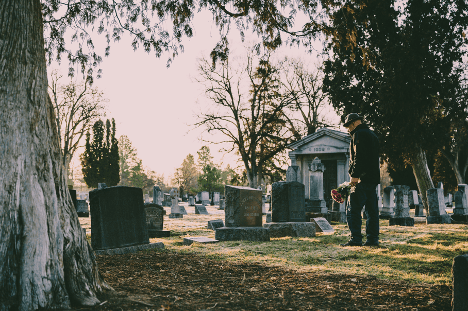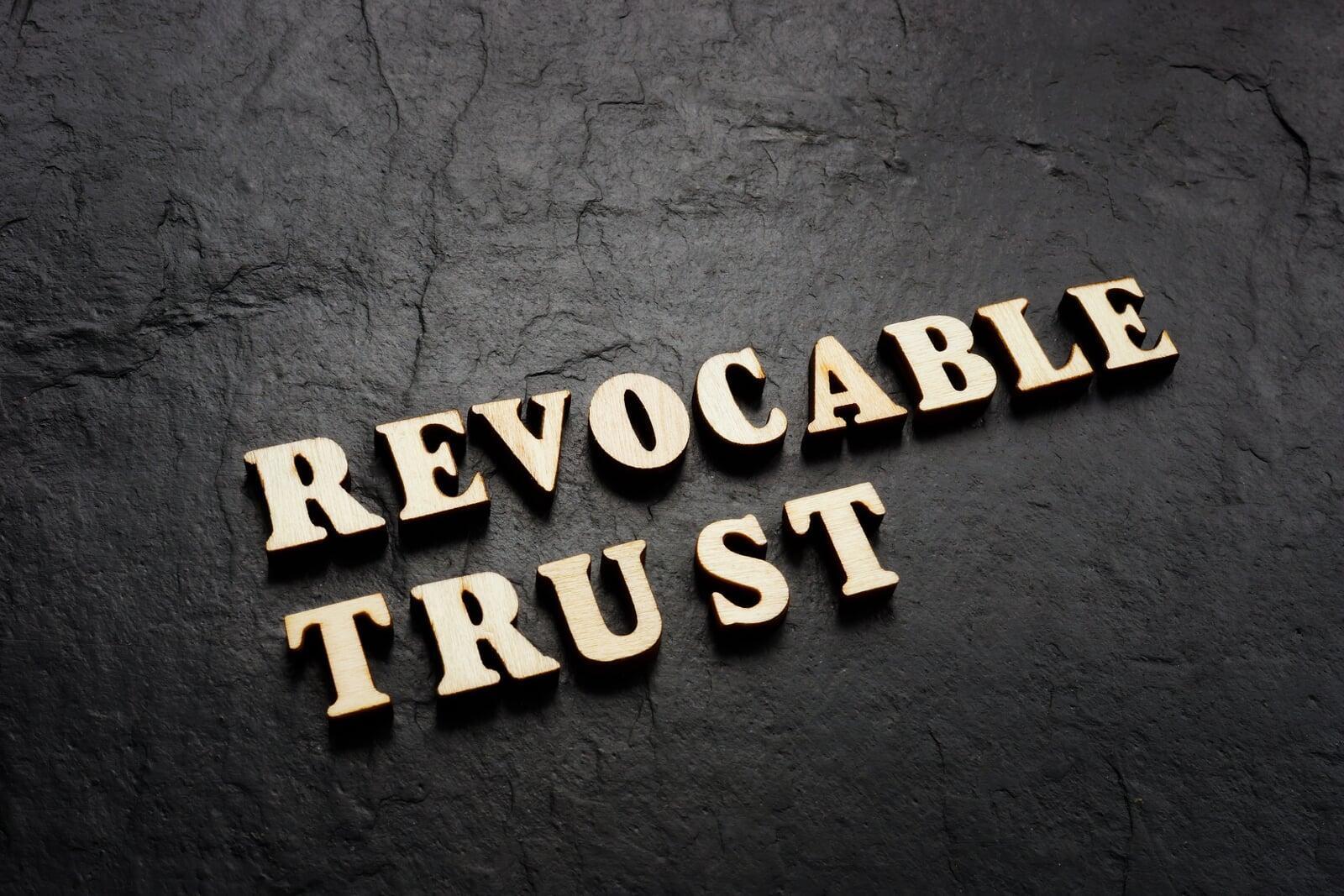
What is the Probate Process?
Probate in Virginia, D.C. and Maryland is a court-supervised procedure that helps to ensure the legal transfer of assets from the deceased to the rightful heirs or beneficiaries. Probate also:
Proves the validity of the will
Appoints someone to manage the estate, called a "Personal Representative." This is an “administrator” if there is no will or the “executor” if there is one.
Ensure the Personal Representative completes an inventory and appraise the estate property
Pays any debts or taxes (including estate taxes)
Distribute the property as direct by the will—or by the state law if there is no will
In Virginia, if someone has over $50,000 in total assets, they are required by law to open a probate.

How do I start a Probate?
Although any beneficiary or creditor can initiate probate, normally the person named in the will as the Executor starts the process by providing and original death certificate, filing a petition, and recording the original will with the probate court. If there is no will, typically a close relative of the decedent who expects to inherit from the estate will file the Petition.

How is an Executor or Administrator Chosen?
If the decedent had a will, the person named in the will as the Executor will serve, if eligible. If that person is unable or unwilling to serve as Executor, or if there is no Will, then any interested family member or person can petition the Court to be the administrator of the Estate.

My loved one had a Trust... will we need to go through Probate?
In most cases, no. If your loved one’s assets are owned in the name of a Trust, the family can contact a lawyer who will complete some paperwork and guide the loved ones through the process with ease without the need for court involvement.
Unfortunately, many people who have a Trust think they have it all taken care of. But time and again, family members of a recently passed loved one come into my office and they find out they are facing the frustration, expense, and delay of a probate, even though the person they loved had a trust.
Why is that? Often the Trust was prepared many years ago and was never updated; and often, their loved ones’ assets were not owned in the name of their Trust. That is why it is so very important that you carefully choose your estate planning attorney and have regular reviews of your plan and assets so the planning you do now works as planned later.

What does Probate cost?
Most estate planners estimate that probate will cost between three and seven percent of the probate-able estate. This can add up quickly.
Probate legal fees are set by state law and are normally determined by a percentage of the estate. The Personal Representative (i.e. Executor or Administrator) is also entitled to the statutory fee for their services. Probate Courts can, and do, order additional fees for more complicated cases or extraordinary services.
There are also court costs and filing fees, document certification and recording fees, and property appraisal fees.

How do I find the right attorney for Probate?
The best way to ensure your probate is done right is to choose your attorney wisely. Do not assume that all attorneys are the same! Too many lawyers only “dabble” in probate or trusts. Don’t choose a lawyer who does probate as a sideline because these lawyers often blunder causing real problems for their client and their cases often take longer than those handled by experienced probate lawyers.
You don’t have to use the attorney who prepared the Will either! Just because a particular attorney prepared the Will, this does not mean that the attorney must handle the probate, nor are they necessarily the right person for the job. You need to be comfortable with the attorney and confident that they are the right attorney for you. Choosing your probate or trust lawyer is one of the most important decisions you will make. If you put in the time and effort to find the right lawyer, you will be rewarded with a skillful guide who will help you navigate the probate process.
Contact Legacy Lawyers for a Complimentary Post-Death Review
If you’re ready to get started with the probate process after the passing of a loved one, please contact our experienced probate attorneys at 571-568-7878 or use this link to schedule a complimentary 15-minute consultation to help determine your next best steps. We are here in service to make this all as easy as possible for you.
During this appointment, we will answer all of your questions about probate and guide you and your family through the next best steps. We are committed to helping you administer your loved one’s estate as quickly and efficiently as possible, and look forward to relieving any administrative or legal burdens you may face during this time of loss.
